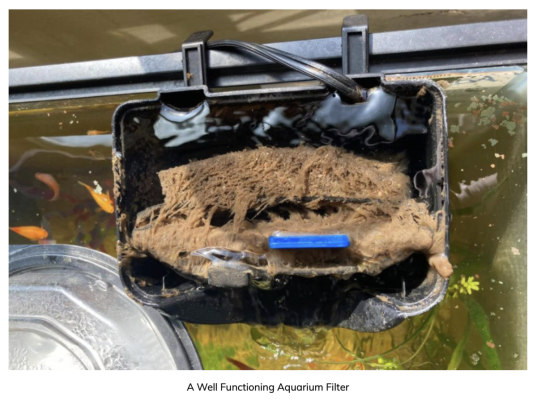Randy Holmes-Farley
Reef Chemist
View Badges
Staff member
Super Moderator
Excellence Award
Expert Contributor
Article Contributor
R2R Research
My Tank Thread
Haha cool. Yes I feel confident in my alk testing, only one step and I've repeated tests multiple times and almost always get within 0.1 of prior test. Do you think I should just use baking soda?
I'd first use the kit on some new salt water, and if that came out right, I'd boost alk. Since you have the other already, it's not a problem to use it for a while. Just switch when its gone. Switching now is also a fine plan.


















